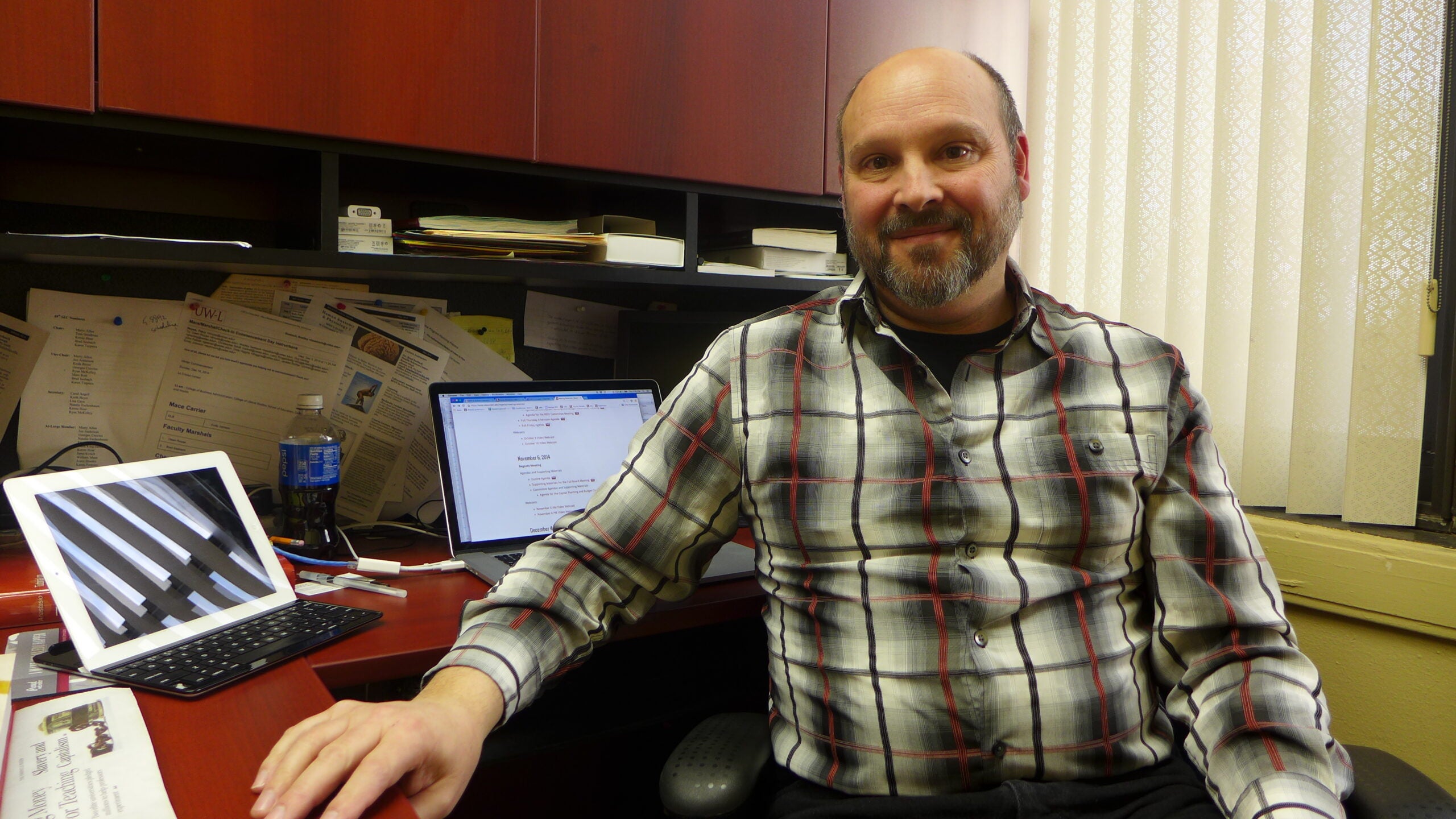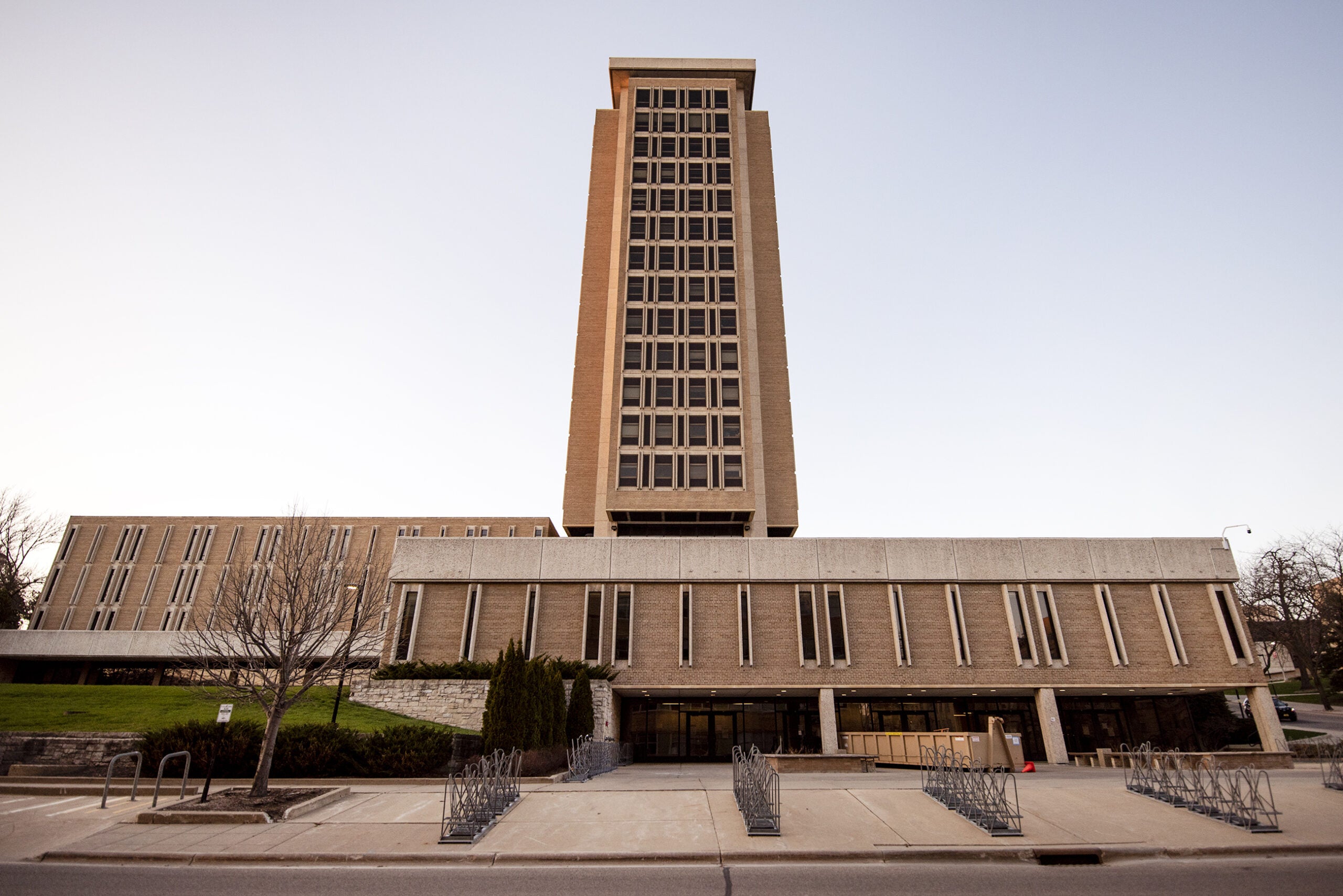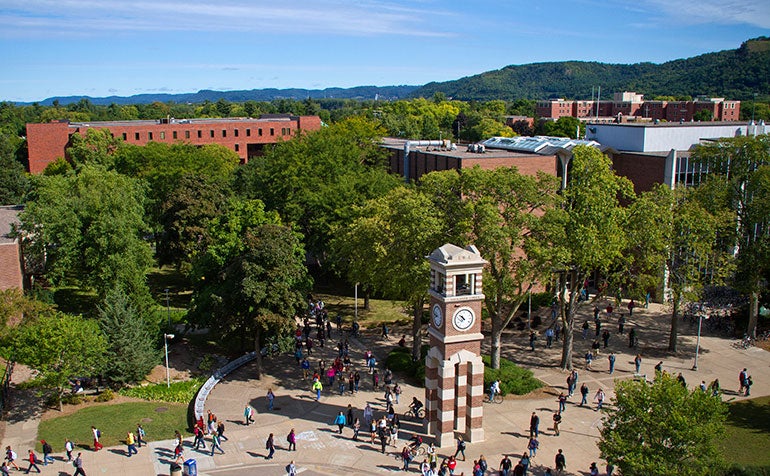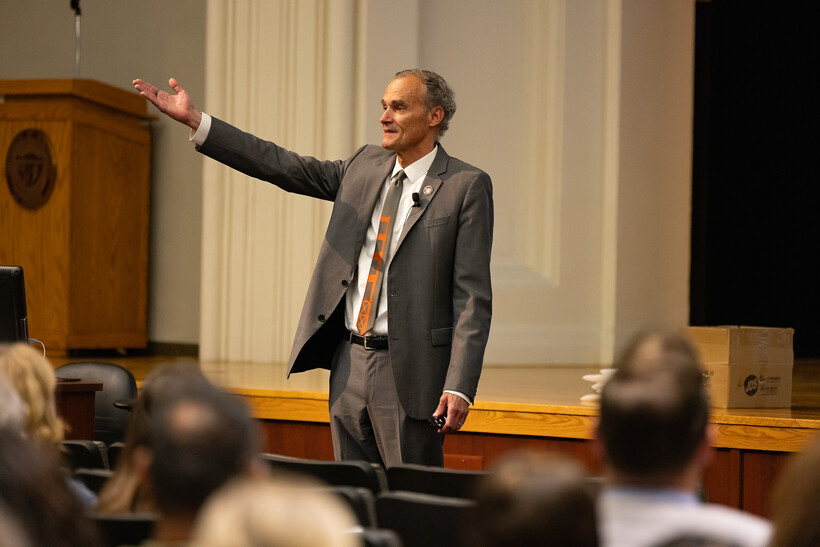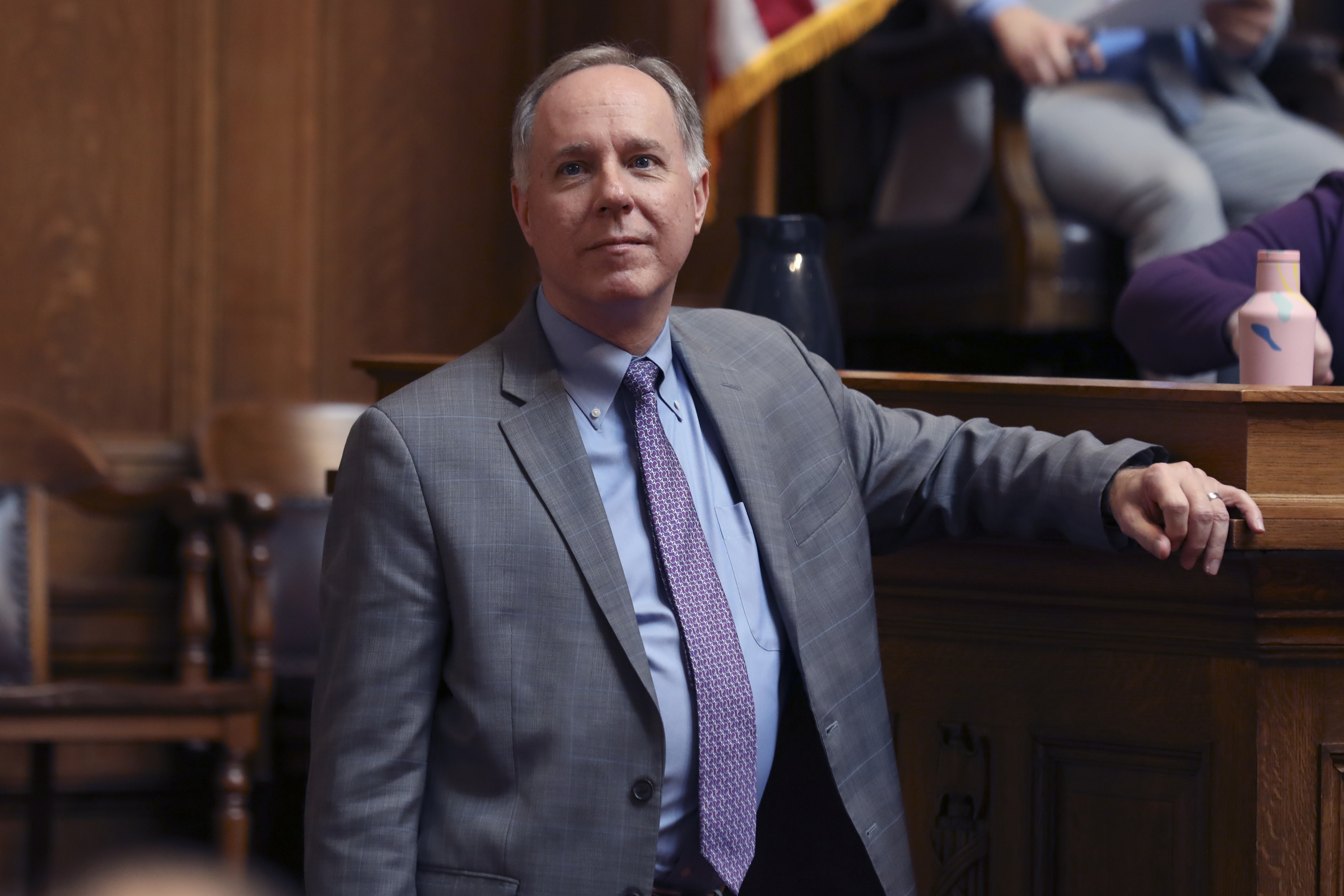The University of Wisconsin System has come under increased scrutiny from the state Legislature in recent years, with some lawmakers questioning the need for certain programs and research. To address some of that criticism, UW System President Ray Cross said he wants to take a closer look at what’s going on inside and out of the classrooms.
At the December Board of Regents meeting, Cross laid out a number of priorities that he wants to tackle this year. One proposal that set off a flurry of questions, rumors and skepticism is a reexamination of how academics are managed on the campuses.
“We intend to develop uniform workload guidelines for the non-instructional activities of faculty members,” Cross said.
Stay informed on the latest news
Sign up for WPR’s email newsletter.
In other words, the UW System could regulate how faculty members spend their time outside of the classroom. Cross said the guidelines will help the public and Legislature understand that faculty do so much more then stand at a lectern — they conduct research, mentor students and serve on committees.
Brad Seebach, a UW-La Crosse associate professor of biology, is chair of the campus’s Faculty Senate and said that the idea raises challenging questions.
“What I hear, with regard to uniform workload policy, is just how impossible a goal that is” he said. “What is a fair work load for someone in the English Department versus Chemistry Department? These are very different jobs and you can’t put a uniform number of hours in the classroom on those individuals and have it be sensible.”
Seebach said he is open to reforms, but would prefer local campuses take the lead in developing those guidelines.
But the UW System might have to step in to address concerns that have been raised at the state Capitol. For example, Gov. Scott Walker has suggested faculty should spend more time teaching in the classroom. Assembly Speaker Robin Vos has been critical of research that isn’t directly related to improving Wisconsin’s economy.
Some lawmakers are applauding another proposal from Cross. He said he wants to make sure campuses are doing everything they can to get students to graduate within four years.
State Sen. Shelia Harsdorf, a member of the Joint Finance Committee and is chair of the state Senate’s Committee on Universities and Technical Colleges, said speeding up the time to graduate is important, especially with growing student debt.
“If it takes five years instead of four for a student to graduate, it’s not just the additional year of tuition and room and board, which is costly enough, but it’s also a year of a loss of earnings,” Harsdorf said.
She said it’s fine if a student chooses to take more than four years to graduate.
While most programs require 120 credits to graduate, the average UW student finishes school with 137 credits. The extra time might come from switching majors, studying abroad or interning at a business.
Cross said he wants to manage and potentially drive down the number of credits required to graduate. He also wants to make sure the UW System isn’t part of the problem.
“That we are doing our best not only to inform students about extra costs when that happens, but that they’re making those decisions because they wish to do that, not because of extra credits that are required by our institutions,” he said.
Cross also wants to better understand why certain programs and courses have low enrollment. These issues are normally dealt with by faculty and administrators on each campus.
Mark Schwartz, a UW-Milwaukee distinguished professor of geography, is a faculty representative to the UW System and said it’s not as simple as cutting courses and programs with low enrollment — those can often be specialty or high-level classes. Schwartz said these courses can also produce a well-rounded student.
“I’ve always seen the universities as giving you the skills you need for a career, and that means helping you think, helping you communicate, and give you a vast array of skills and things you can use,” he said.
Schwartz notes that faculty members have already looked at these issues. But, he said they’re going to have to look at them even more closely as money becomes more and more scarce.
Editor’s Note: This story is the second part of a three-part series on possible reforms within the University of Wisconsin System.
Wisconsin Public Radio, © Copyright 2024, Board of Regents of the University of Wisconsin System and Wisconsin Educational Communications Board.

